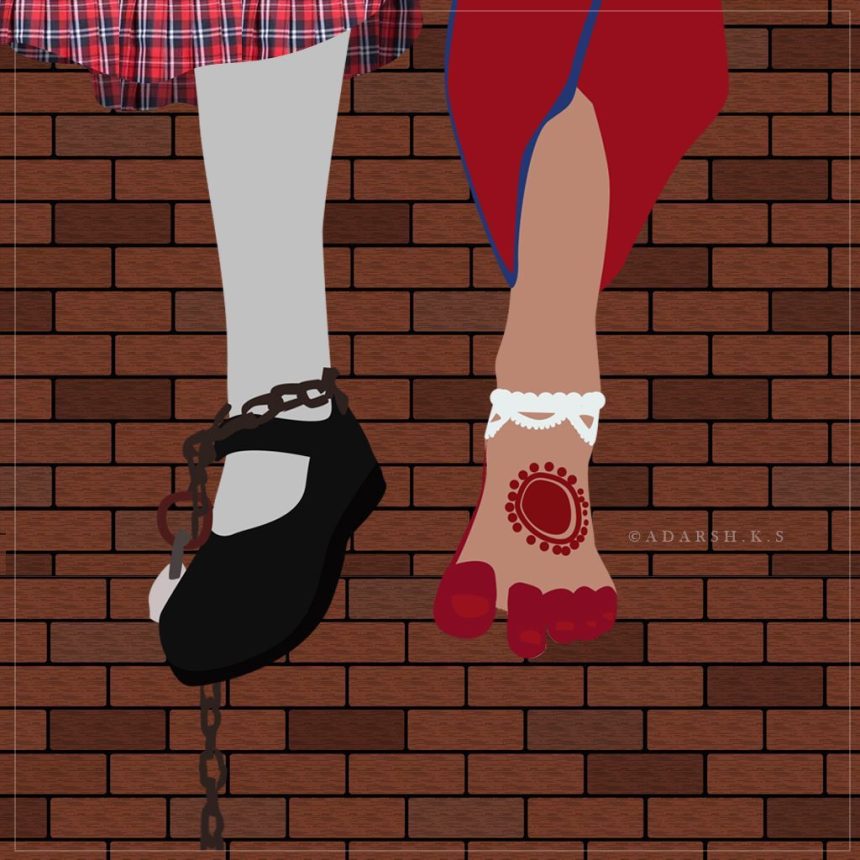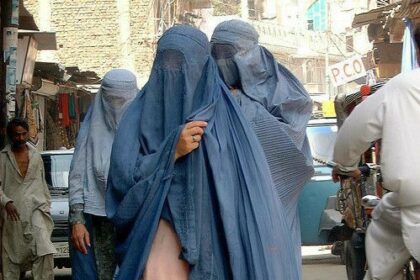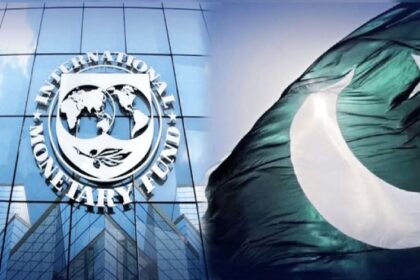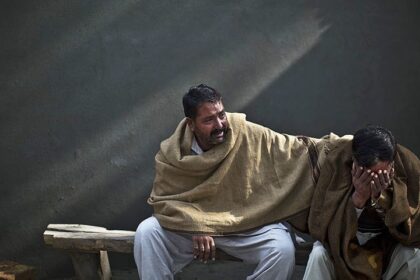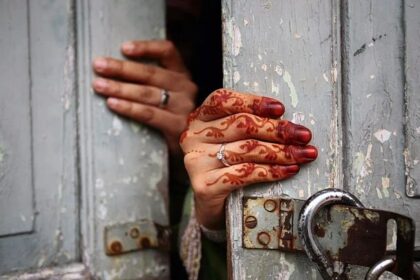The Child Marriage Restraint Act of 1929 is a federal law, which, after the 18th Amendment, has become a provincial subject. The minimum age according to this act is 16 for a female and 18 for a male. Anyone who violates will be charged with 50,000 PKR as a fine and will additionally face imprisonment of 6 months.
This is what the official website of the Punjab Commission on the Status of Women has published, additionally informing us that Sindh has raised the minimum age to 18 for both females and males, non-compliance will result in the participants of such a wedding facing strict consequences—or so they claim.
The Reality of Child Marriage in Pakistan
In a discussion about feminism with mere 16-year-olds, one of them informed me that the daughter of her house help got married at 14, and less than a year later, she had a baby on the way. Being horrified by the discussion, I decided to surf the internet to find out what was the age that the government of Pakistan deemed appropriate for females to be wed at. After looking at numerous websites, I had come to the conclusion that Pakistan does not distinguish the line between women and literal children. How is it that a 16-year-old is not considered eligible for the provision of a driving license but is viewed as mature enough to bear marital responsibilities?

According to statistics uploaded by UNICEF, Pakistan is home to nearly 19 million child brides; 1 in 6 young women are married when they’re still enjoying their childhood. UNICEF also reveals that women who get married before the age of 16 are more likely to have an age gap of over 10 years with their partner, almost double to those married after the age of 18.
There have been numerous cases of child marriages circulating the internet over the past few years. In 2021, it was reported that a 64-year-old MNA got married to a girl who was barely 14. Keeping in mind that the minimum age issued by the government is 16-18, how are we supposed to prevent child marriages if the ones participating in them are the very people that we entrusted to be the ones to prevent the phenomenon from occurring?
What Leads to the Horrible Practice
The factors leading to child marriage include poverty, poor performance in education, paying off debts, and sometimes even settling disputes. During the time that I spent volunteering at the SOS village, I came across a 14-year-old girl crying; when probed, she said that her mother was threatening to marry her off to a 60-year-old man if she failed to improve her grades.
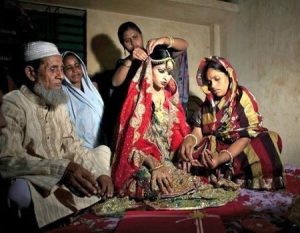
Child marriage has severe side effects on the victims who are forced into it. Due to a lack of physical and mental maturity at the time of the wedding, they tend to face health issues, ranging from mental health problems such as depression to pregnancy complications. When observing official records posted by UNICEF, the statistics revealed that almost 80% of the girls who were married before the age of 18 gave birth before the age of 20. Furthermore, more than half of the child brides are manipulated to believe that bride beating is a justified act. Consequently, 25% of them have experienced intimate partner abuse in the past year.
The Lost Childhood
Once the child is married off, their fate is sealed. Society does not view them as a child anymore, but rather treats them as a mature adult. It does not matter what their age is; if they are married, they are expected to behave in the same way a 30-year-old experienced housewife would. This robs the child of experiencing childhood, making mistakes, growing, and being able to enjoy their teen years. With every minor girl that is married off, the chances of domestic abuse, violence, exploitation, and marital rape increase, because how is a minor supposed to give consent if she has not even reached the legal age of consent?
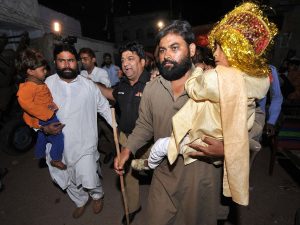
Child marriage not only affects the mental and physical health of the minor but also deprives them of their right, by birth, to seek education and develop according to their own timeline. With every girl that is married before the age of 18, we lose the prospect of development, we lose a potential doctor, lawyer, engineer, teacher or an accountant. We lose the possibility of having a female leader.
A Cruel Practice

It is a cruel practice that disempowers girls and ruins the possibility of them having a future apart from the traditional norm of getting married, having children, and doing the household chores; we prevent them from understanding their own abilities, talents, and potential. We violate their right to learn for themselves and to experience life, to learn who they are and what they want. Instead of teaching them how to be independent, we create individuals who will forever be dependent on someone else for their survival.






